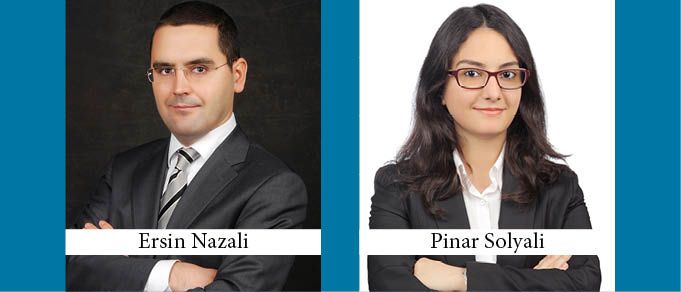Investments can be used as tools to support and enhance a country’s economic structure. The Turkish government has developed some policies which, together, create an appropriate and advantageous investment environment for international and domestic investors.
In order to transfer a new generation of technology into the country, develop the economy, reduce inequality between geographic areas, and meet the critical needs which are predicted to emerge in the future, the government of Turkey is implementing some new policies for investors. Although there are many effective incentives in different areas, the full-scale Project-Based Investments and Attraction Center incentives have recently been adopted into law.
Project Based Investments
Decree No. 2016/9495 on Provision of Government Incentives for Project Based Investments was published on November 26, 2016 in Turkey’s Official Gazette. The Decree aims to support R&D-oriented and value-driving project based investments which will meet the prospective critical needs of the country, ensure supply security, decrease the interdependency on foreign countries, and facilitate the technological transformation of the country. The incentives available under the Decree include customs duty exemption; VAT exemption; VAT refund; tax deduction or exemption; support on employer’s national insurance contribution; support on income withholding tax; qualified personnel support, interest support, or grant support; capital contribution; energy support; public purchase guarantee; investment place allocation; infrastructure support; exemptions from permission, allocation, permit, license, registrations, and other restrictive provisions; and facilitating regulations in administrative processes. For a project to benefit from the incentives provided by the Decree, the fixed investment amount must be least USD 100 million. Where the project-based support is approved with a “Support Decision,” the Ministry of Economy will issue a Investment Incentive Certificate.
Attraction Centers
Decree Law No. 678 about Attraction Centers Program was published on November 22, 2016 in the Official Gazette. The Decree Law aims to remove inequalities between regions and improve the economic standards of 23 less-developed cities by increasing employment, production, and export. The incentives provided under this program include consultancy service support, land allocation, support for factory construction, interest-free investment credits, working capital loans with reduced interest, energy support, technological infrastructure for call or data centers, support for transfer of existing production facilities to attraction centers, and allocation of idle public immovables to call or data centers in attraction centers. Investors who want to benefit from these incentives must satisfy some basic requirements: (a) In the manufacturing industry, the fixed investment amount must be least TL 2 million and at least 30 people should be employed; (b) For call centers, there should be 200 additional employees and companies should make service contracts; and (c) Data centers should have certain technical requirements such as 5000 square meters of white space.
The first phase of applications for the Attraction Centers ended on February 27, 2017, and the projects which will be supported by the Development Bank have been selected by bank officers and ministerial bureaucrats. According to the Minister of Development, 3,380 companies applied for the Attraction Center Program after the publication of the Law Decree. It is estimated that approximately 375,000 people will be employed as a consequence of the incentive. The first phase of the program will support projects which will most urgently meet regional needs, add value, and create employment.
Turkey is employing various strategies to decrease the level of dependency, attract value-added investments, and contribute to the growth rate by balancing regional development differences. In light of these policies and strategic incentives, Turkey supports investors in many business branches by keeping tax levels at a minimum and providing both financial and non-financial support. Thanks to these incentives, new business sectors, productive factories, and employment areas will be developed. It should not be forgotten that the lower the production level of a country is, the more it depends on other economies. The expansion of the explained incentives through new phases and projects will remain on the agenda in the years to come.
By Ersin Nazali, Managing Partner, and Pinar Solyali, Tax Manager, Nazali
This Article was originally published in Issue 4.12 of the CEE Legal Matters Magazine. If you would like to receive a hard copy of the magazine, you can subscribe here.
















